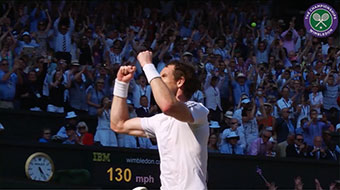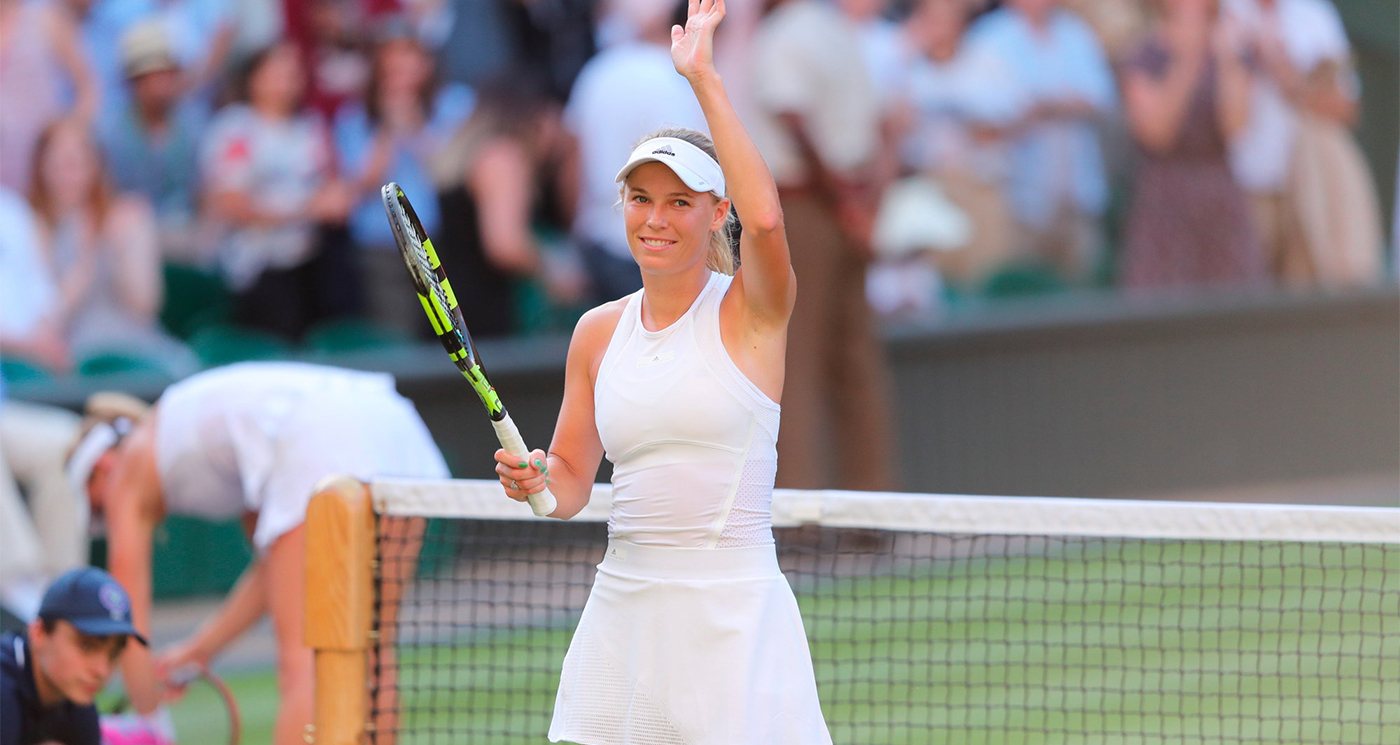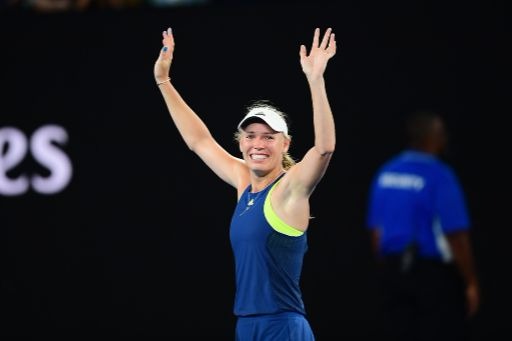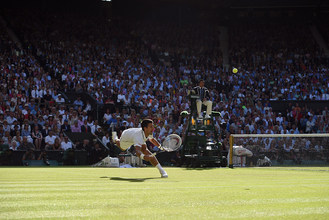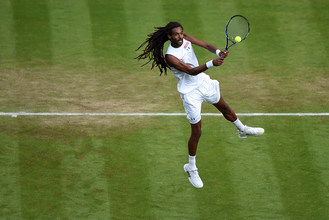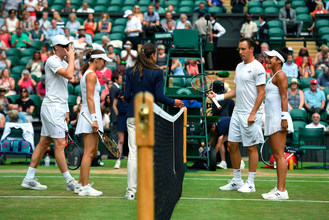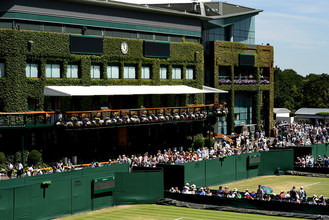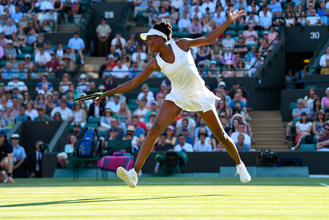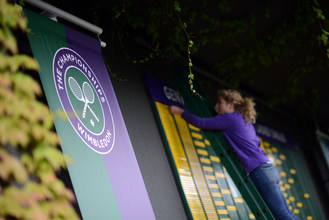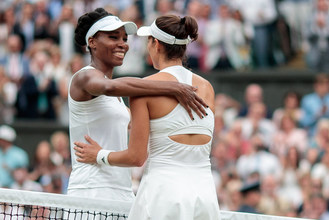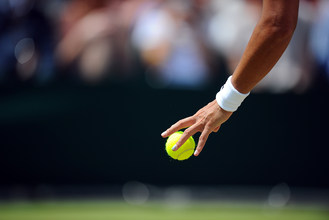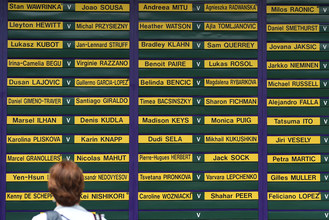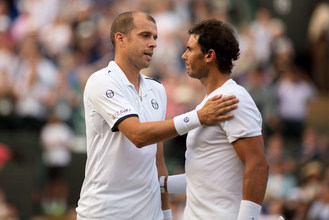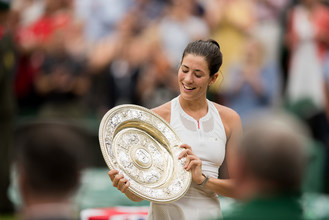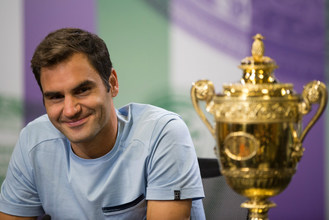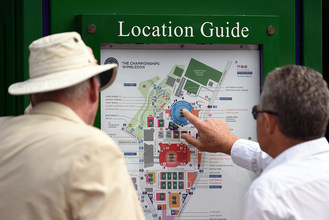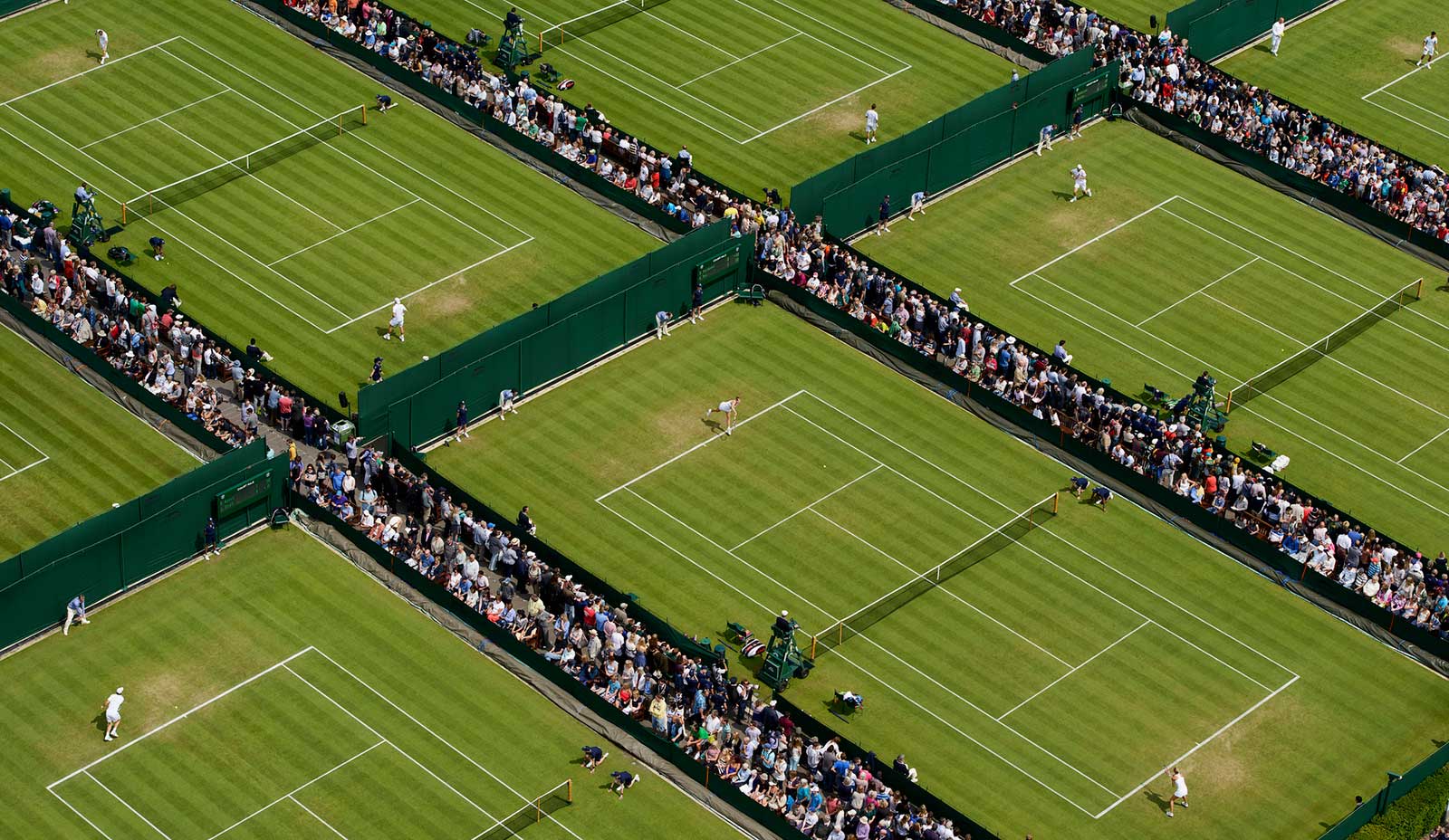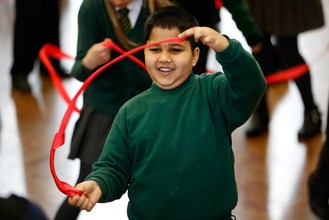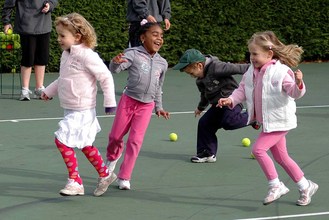In women’s tennis for years now, there’s been a clear hierarchy: Serena Williams, and then everyone else. Unlike Williams, the other Grand Slam champions usually don’t win more than once or twice, and sometimes they go on a cold streak after they win their first. So it’s a reasonable question to ask if a slump will befall Caroline Wozniacki now that she has won the first Grand Slam title of her career, at the Australian Open.
"I'm just taking a second to hug 'Daphne' - I've dreamt of this moment for so many years, to be here is a dream come true."
— #AusOpen (@AustralianOpen) January 27, 2018
Your #AusOpen 2018 Champion, @CaroWozniacki! pic.twitter.com/iFfSmlVCPA
Say this of Wozniacki: She is different from other first-time champions, so her future is much more promising. At age 27, she’s a veteran who had spent 67 weeks as the No.1 ranked player in the world before the Australian Open. She’s now back at the top, and even though she lost early in her next tournament, Wozniacki could hold on to No.1 for a while. More importantly, she could win another Grand Slam title if she’s in the right place at the right time.
This was Wozniacki’s 43rd Grand Slam tournament and her third final. She can challenge anyone, because she’s fast and steady with her strokes. But that’s why, earlier, she would lose in the later rounds, because she couldn’t keep up with players with feistier offenses. At the Australian Open, you may have noticed that Wozniacki now plays with more aggression than in the past, including on her serve. That helped her in the Australian Open final, and may help elsewhere, too.
It won’t be easy for Wozniacki to win: 43 tries attests to the difficulty of winning even a single Grand Slam. The main thing, though, is she won’t be overwhelmed after winning her first. For some players, the title changes everything. There’s more attention, more expectations, and more players who look at you differently - and want to beat you more than ever before.
Look what happened to Sloane Stephens, who won her first Grand Slam title at last year’s US Open. She went winless the rest of the season, and the start of this season.
All of this should be easier to cope with for Wozniacki. In addition to her time at the top, she’s also been through rough times so much that she considered retiring. What she has discovered, after this win, is nothing new, unlike a young player like, say, Jelena Ostapenko, the 20-year-old who won last year's French Open in a shocking victory.
Unlike Ostapenko, Wozniacki was overdue: there was arguably no better player in the sport who had not won a Grand Slam title. That’s why winning a major was such a relief - and the end of people wondering if she would ever win one.
“I’m never going to get that question again,” Wozniacki said. “I’m just happy I have this one, and I’m going to really enjoy this moment.”
If Wozniacki can work her way into the late rounds of a major, she might do just as well. She now knows that she has done the best she could, and that all her hard work paid off. Everything else will be a bonus.
“To be honest with you, regardless, I think I’ve had an incredible career,” she said. “The end of the day, I think a lot of people would like to be in my position.”

